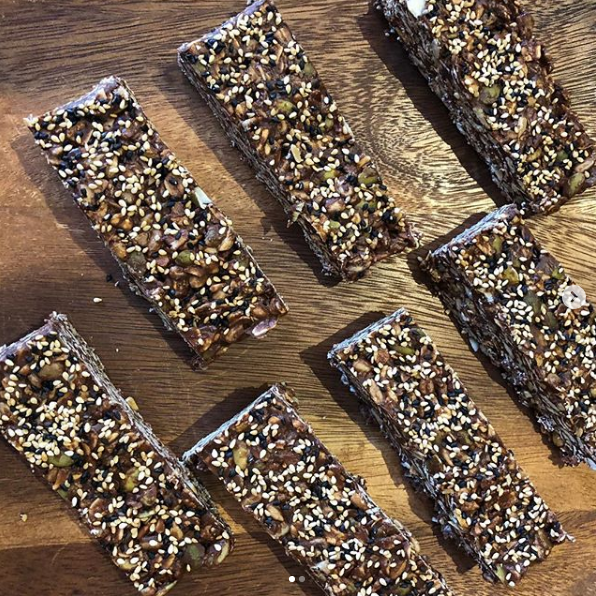The Power of Protein: Unveiling its Vital Role in Optimal Health
Protein stands as a cornerstone of nutrition, playing a vital role in numerous aspects of health and wellness. From muscle growth and repair to satiety and weight management, from bolstering immune function to maintaining bone health, its significance traverses various facets of our well-being.
Whether you’re an athlete striving for peak performance, an individual aiming to manage weight effectively, or simply someone seeking to bolster overall health, understanding the role of protein in these areas is crucial for achieving your health goals.
Let’s explore the transformative power of protein in enhancing our lives…
4 Essential Benefits of Protein
- Muscle growth and repair: Protein is essential for building and repairing muscle tissue. Whether you’re aging, an athlete looking to increase muscle mass or someone recovering from injury, adequate protein intake is crucial for optimal recovery and muscle maintenance.
- Satiety and weight management: Protein is more satiating than carbohydrates or fats, meaning it helps you feel fuller for longer. This can aid in weight management by reducing overall calorie intake and preventing excessive snacking between meals.
- Supports immune function: Proteins are necessary for the production of antibodies, enzymes, and other molecules involved in immune function. Adequate protein intake can help support a healthy immune system.
- Maintaining bone health: Some studies suggest that higher protein intake may be associated with better bone health, especially in older adults. Protein is essential for the synthesis of collagen, a key component of bone tissue.

This Homemade Protein Bar recipe contains a fantastic blend of ingredients including healthy fats and proteins, and is also nutrient dense; a deliciously satisfying snack for kids and adults alike!
4 Simple Ways to Boost your Protein Intake
- Incorporate protein-rich foods: Include sources of lean protein in your meals, such as chicken, turkey, fish, eggs, tofu, tempeh, beans, lentils, Greek yogurt, and some dairy products.
- Opt for protein-rich snacks: Choose snacks that are high in protein, such as nuts, seeds, protein bars, hard-boiled eggs, or edamame.
- Add protein to meals: Enhance the protein content of your meals by adding ingredients like chickpeas, black beans, pumpkin seeds, quinoa, or grilled tofu to salads, soups, stir-fries, and grain bowls.
- Use protein supplements: If you struggle to meet your protein needs through whole foods alone, you can consider incorporating protein supplements like plant based or whey protein powder into your diet. However, it’s essential to prioritize whole foods whenever possible.
Managing Protein Consumption & Hydration for Improved Health
Remember to spread your protein intake throughout the day rather than consuming large amounts in one sitting, as this can optimize muscle protein synthesis and overall protein utilization by the body. Additionally, stay hydrated, as adequate hydration is essential for proper protein metabolism and overall health.
Marsha Fenwick, C.N.P. R.R.T.
Marsha is not your typical nutritionist. She began her career 20 years ago as a Registered Respiratory Therapist. Later, she earned her certifications as a Registered Nutritional Consultant Practitioner, Certified Nutritional Practitioner, and Registered Orthomolecular Health Practitioner. Marsha is also a Certified Cancer Coach. Her clinical practice specializes in: sustainable healthy weight loss, digestive health, women's hormones, diabetes, heart health, and cancer prevention and recovery. For more information and to book a FREE 15 minute consultation go to www.marshafenwicknutrition.com







